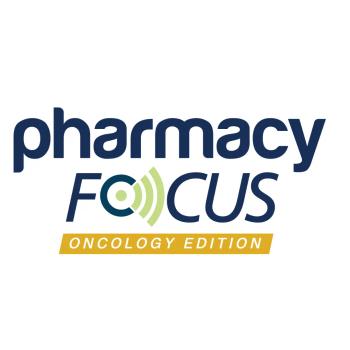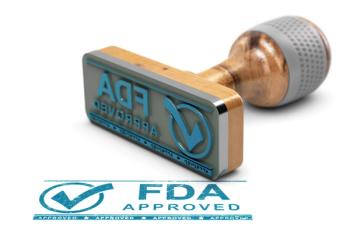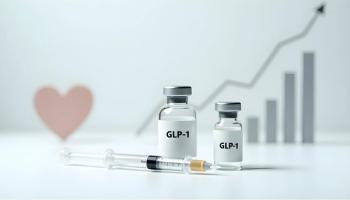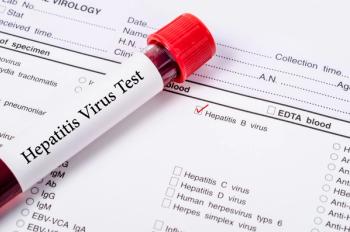
Pharmacists share key insights about the use of ADCs for treatment of breast cancer.

Pharmacists share key insights about the use of ADCs for treatment of breast cancer.

There are no clearly defined, widely accepted clinical pharmacist metrics.

Collecting, analyzing, and interpreting data are pharmacist skills.

Pharmacists should educate patients about their treatment regimen and potential adverse effects.

Christine Barrett, PharmD, BCOP, shares insights, challenges, and advice for oncology pharmacists navigating neoadjuvant therapy.

Scott A. Soefje, PharmD, MBA, BCOP, explained how the expanding use of the FDA’s 505(b)(2) drug approval pathway is creating operational and reimbursement challenges for oncology infusion centers.

Jessica Davis, PharmD, BCOP highlights the role of pharmacy technicians in ambulatory oncology clinic settings.

Rather than turning to vitamin K supplements, individuals should incorporate more vegetables into their diets.

The findings suggest a positive impact of RSV vaccination on RSV-associated hospital admission, emphasizing the importance of protection in this population.

Patients with unresectable or metastatic hepatocellular carcinoma (HCC) receiving this regimen had favorable median overall survival (23.7 months) compared with standard of care (20.6 months).

Nipocalimab with standard of care helped patients with generalized myasthenia gravis (gMG) maintain improvements in daily living and quantitative scores compared with placebo.

In business, growth for the sake of growth mirrors the ideology of the cancer cell.

Meaningful reform was challenging in 2024, but this year could turn the tide.

These data provide compelling evidence to revise existing transfusion protocols, recommending 4F-PCC as the preferred treatment for hemostatic management in cardiac surgery.

This approval marks bevacizumab-nwgd as the sixth reference product to bevacizumab (Avastin).

Metrics should empower pharmacists rather than burden them.


When used in combination with background statin therapy, AZD0780 resulted in major reductions in low-density lipoprotein cholesterol (LDL-C) and achievements of guideline-recommended LDL-C goals.

Lauren Dietz, PharmD, highlighted the role of oncology pharmacists in guiding prophylaxis decisions to optimize transplant outcomes.

Julia Ziegengeist, PharmD, BCOP offers insights for pharmacists navigating adjuvant and neoadjuvant treatment of breast cancer.

Christine Barrett, PharmD, BCOP, addressed advances in the treatment of stage III melanoma that provide the potential to improve long-term outcomes by enhancing immune response, tailoring surgical approaches, and refining patient selection strategies.

Mark Zangardi, PharmD, MS, BCOP, and Amber Cipriani, PharmD, BCOP, discuss the growing role of circulating tumor DNA (ctDNA) testing in oncology, highlighting its applications in early cancer detection, molecular residual disease assessment, and treatment monitoring.

Amir Ali, PharmD, BCOP, and Allison Hsieh, PharmD share insights from their presentation about cytokine release syndrome, ICANS, and CAR T-cell therapy.

The approval is for those with metastatic disease or in whom surgical resection is likely to result in severe morbidity, have no satisfactory alternative treatments, or have progressed following treatment.

Automated diagnosis verification offers a promising alternative for managing the use of GLP-1 medications.

Alexandra Wolff, PharmD, BCOP, FHOPA, was awarded a fellow of HOPA at the 2025 annual meeting.

Data show that the system is also the most accurate continuous glucose monitor (CGM).

In patients with CKD, there were negative associations between the sodium cotransporter (NCC) and its phosphorylation (pNCC) in urinary extracellular vesicles (uEVs), but further research is needed to confirm these findings in a larger cohort.

The prevalence of hepatitis D virus (HDV) antibody positivity was about 0.24% in patients with chronic hepatitis B virus (HBV).

In a survey among community pharmacists in South Carolina, many pharmacists were unable to correctly identify proper pneumococcal vaccination guideline, raising concerns.